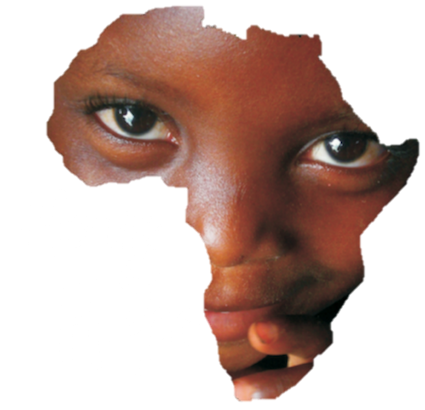5 Reasons Why Home of Hope is Different
Home of Hope isn’t your “normal” charity.
I was just talking with a friend of mine and she was listing the charities that she supported. While I didn’t immediately write it down, I recall her saying something similar to this: “I want my money to do good… I make good money and my cost of living is low right now, so I want my money to go to good causes to help others.”
I support Home of Hope because I KNOW that the money that I donate IS being used for its designated purpose.
If you are a bit skeptical about where you donate your money … good! That means that you want your money to do good… like my friend.
1. The Founder and Director of Home of Hope, Brian Thomson, has never taken a penny from donations.
He raises his salary separately. Have you ever heard of a charity where the “top dog” doesn’t take a salary from the donations?? This is a big deal. For the first two years of Home of Hope, there was NO administration fee at all. 100% of the donations went to the designated project. Then, staff was needed and the admin fee was calculated to the smallest number possible – 10% for HOH and 3.5% for the financial department. This number is so low! Now 86.5% of all donations go to the designated project.
2. Home of Hope encourages you to meet your child – either by going over yourself or with an online call!
I have personally met my sponsor child. His name is Patrick and he lives in Rwanda. He is a strong, silent type, but I could feel his love as we sat side-by-side for the day that we were in his area. No one else sponsors him. Through an interpreter, he told me all of the things that my sponsorship has done for him. I know that the funds I gave were actually able to cover his needs.
I’ve seen many video calls between sponsor child and sponsor. I don’t think I’ve ever seen one when there were no tears. It is a very touching experience and if you sponsor with Home of Hope, or are going to sign up right now, you can request to chat with your sponsor child.
3. Home of Hope is a local charity with an international impact. What does this mean? This means that we are partnered with a local church that does a lot for our local community. Home of Hope is the international arm.
Supporting a local charity is important. Giving internationally is important too. Africa is the poorest inhabited continent on earth and it is our responsibility as some of the richest people in the world to give.
If you’re the curious type, you can always view past yearly audits here. There are also yearly audits done in every country that money is sent to. That’s pretty cool!
4. Home of Hope empowers locals
The team members in Rwanda are all Rwandans and the team members in Kenya are all Kenyans, etc. It is important to support their economy – which is what Home of Hope does.
